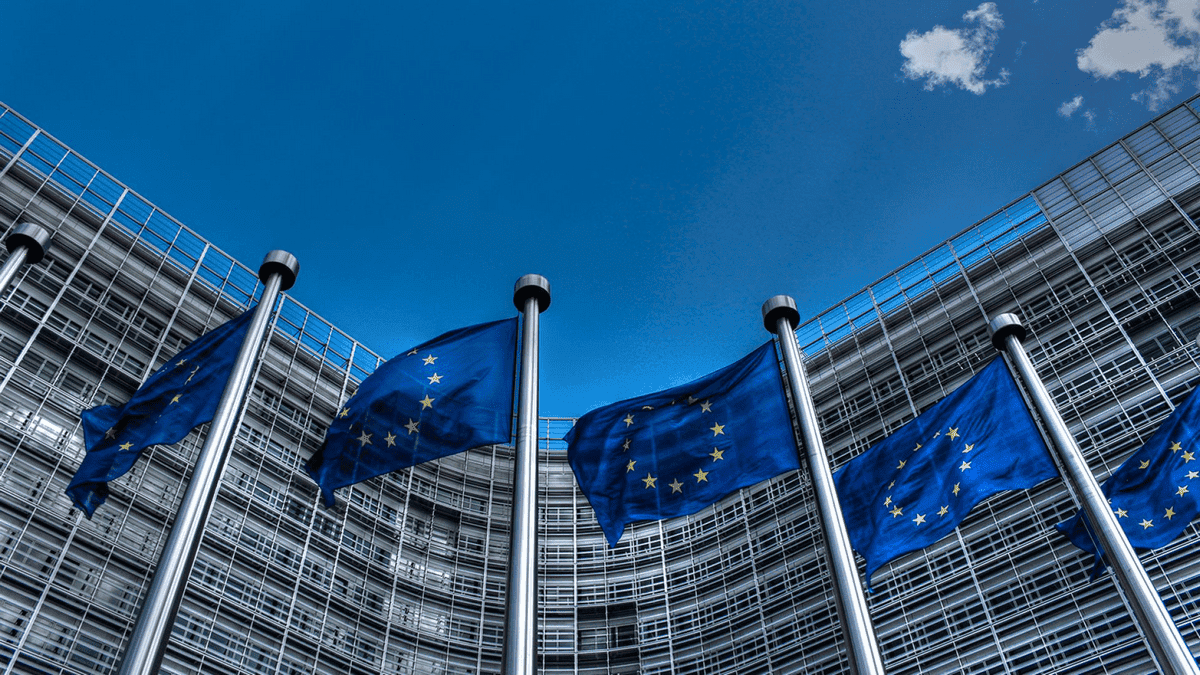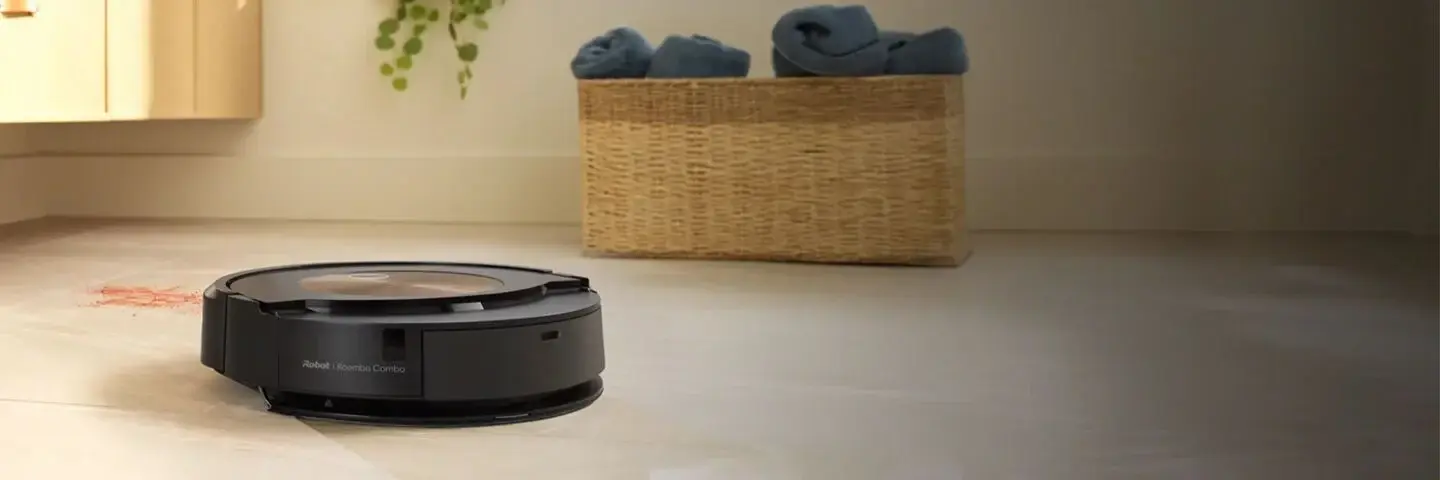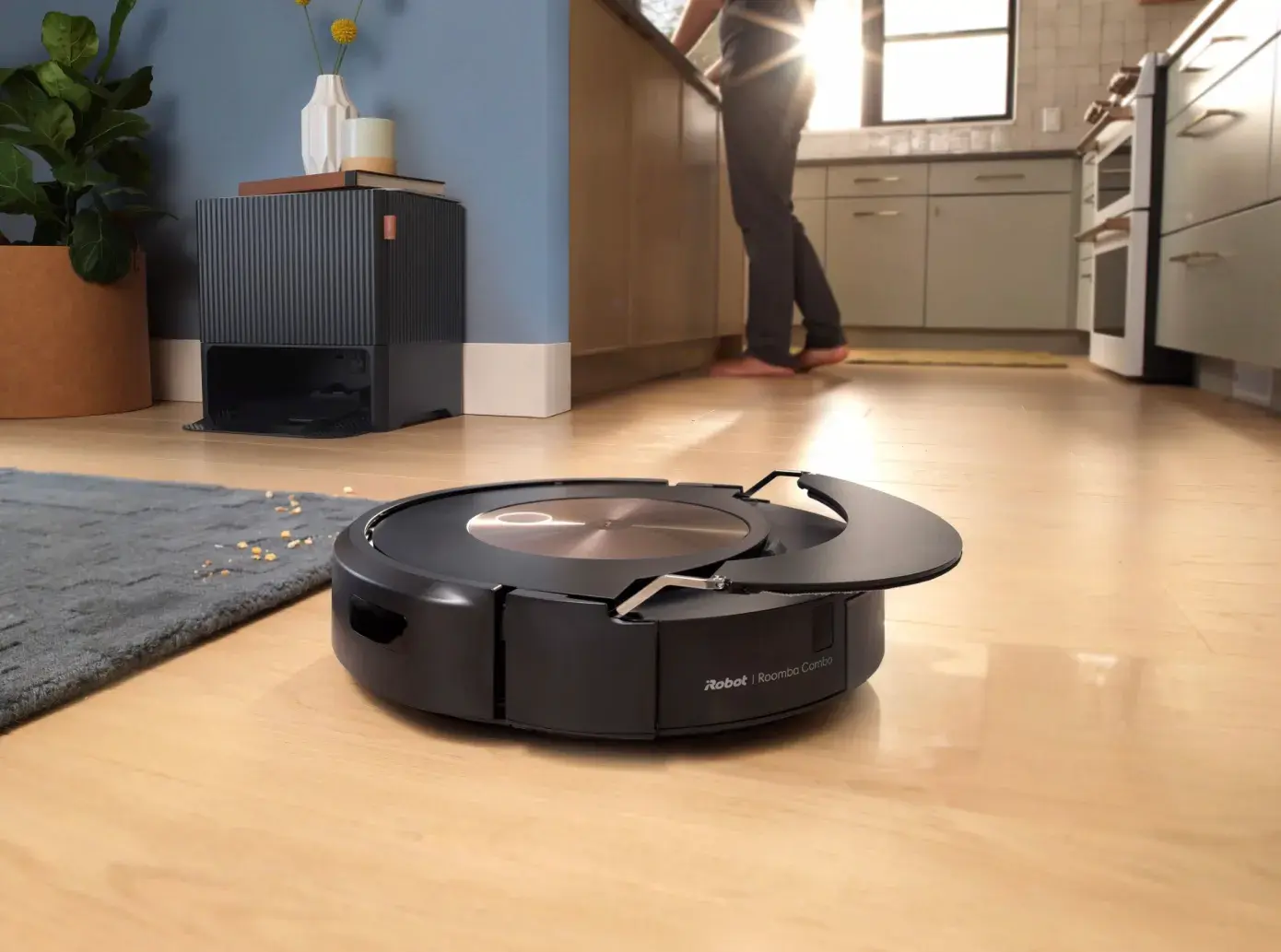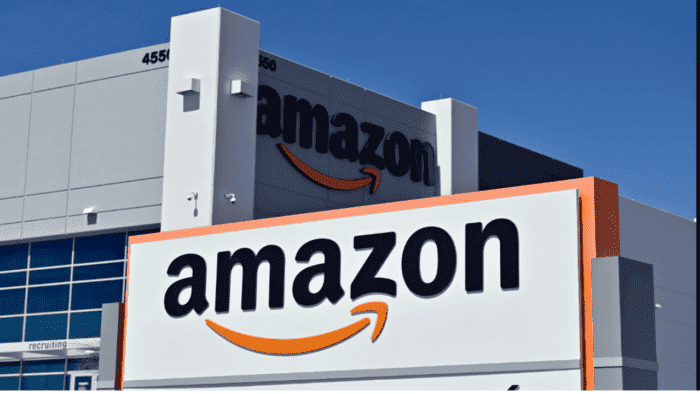The European Union (EU) has restarted its review of Amazon’s $1.7 billion acquisition of iRobot. iRobot is the company behind the popular Roomba lineup of robot vacuum cleaners. Today, the European Commission’s case page was updated. It now shows that the EU is starting the review of the deal and has set February 14 next year as the final deadline. This means that the EU will decide whether or not the deal will pull through on or before February 14, 2024.

Background of the Acquisition
Amazon announced its intention to purchase iRobot in August 2022. If successful, iRobot would be just the latest in a string of smart home companies acquired by the e-commerce giant. Recall that Amazon has previously bought the likes of Ring, Blink, and Eero. Amazon’s Dave Limp said when plans for the acquisition were announced, “I’m excited to work with the iRobot team to invent in ways that make customers’ lives easier and more enjoyable”. Amazon believes that it can offer a company like iRobot the resources to accelerate innovation and invest in critical features while lowering prices for users.
Probe by EU Regulators
The EU regulators have opened an official probe into Amazon’s proposed $1.7 billion acquisition of iRobot. The European Commission has launched an “in-depth” antitrust probe of Amazon’s planned acquisition of Roomba maker iRobot. The probe comes after the UK’s top antitrust regulator blessed the acquisition. The EU probe could potentially quell the deal if the Commission finds that it would negatively restrict competition. The European Commission said that it was concerned that the transaction might restrict competition in the market for robot vacuum cleaners. Also, the EU wants to ensure that this deal will not make Amazon “too strong” for the market.

Among the Commission’s concerns is that Amazon would be able to engineer search results in favour of iRobot. It fears that this could leave competitors like Shark and Dyson at a disadvantage in marketing to Amazon’s millions of users. Concerns were also raised about Amazon’s use of iRobot user data. The Commission said this might provide the company “with an important advantage” over rivals and “raise barriers to entry and expansion” for current or future competitors. However, these are just concerns, and the probe is on to check if these concerns should be taken seriously.
Implications of the Acquisition
If the deal pulls through, it could have big implications for the smart home market. Amazon has been expanding its presence in the smart home market. Thus, the acquisition of iRobot would give it a foothold in the robot vacuum cleaner market. The acquisition would also give Amazon access to iRobot’s user data. This could be used to improve its smart home products and services. However, if the deal is blocked, it could limit Amazon’s ability to expand its presence in the smart home market.

Conclusion
The EU regulators have restarted their review of Amazon’s $1.7 billion acquisition of iRobot. They have set a new deadline of February 14, 2024, to decide whether to clear the deal. The EU regulators are concerned that the acquisition could restrict competition in the market for robot vacuum cleaners. They also claim it could further strengthen Amazon’s position as an online marketplace provider. If the acquisition is approved, it could have big implications for the smart home market. However, if it is blocked, it could limit Amazon’s ability to expand its presence in the smart home market.





